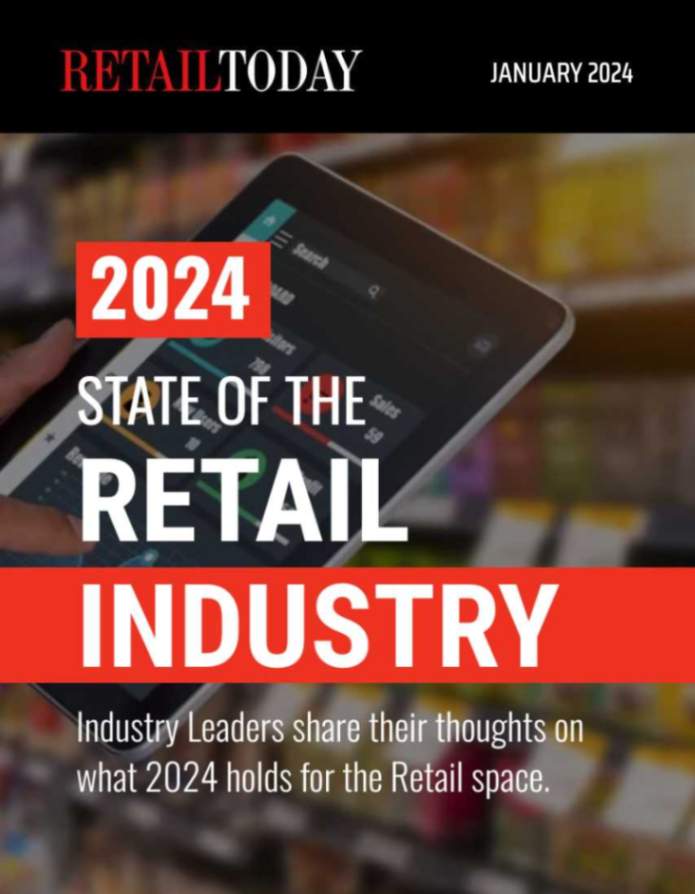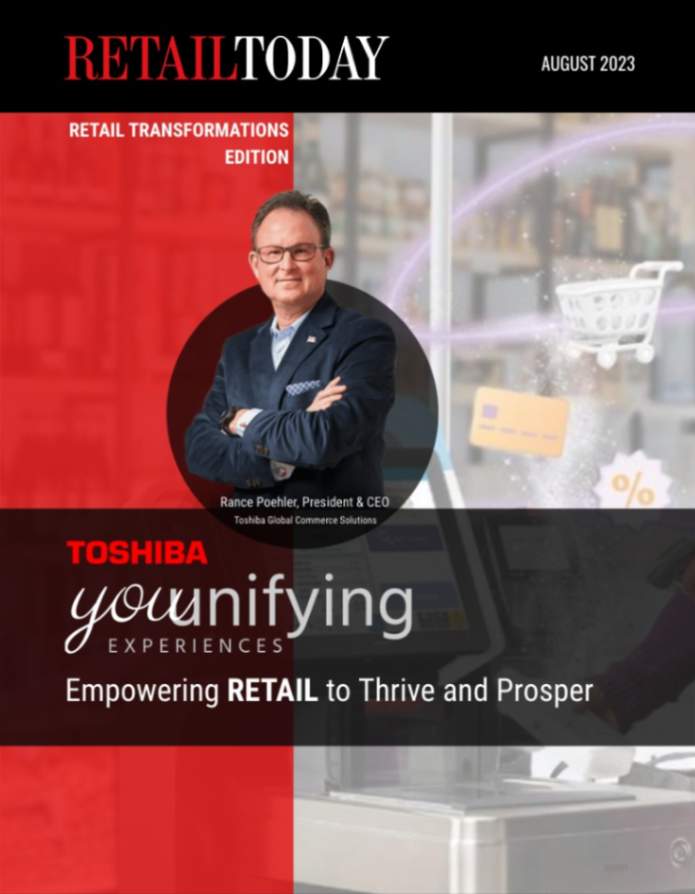
Many e-commerce business owners come across different strategies to help increase sales. One of the most effective strategies implemented by many is “personalization.” Personalization refers to customizing the consumers’ shopping experiences. This article focuses on the benefits of personalization in e-commerce, best practices and examples, and how to utilize data to enhance personalization.
Advantages of Personalized Shopping Experiences in E-Commerce
With more businesses moving online, the e-commerce industry has proliferated in recent years. As a result, competition has increased, and companies must find ways to stand out, including personalization. It can significantly impact e-commerce business in the following ways:
- Personalization may increase customer loyalty. This happens when a business understands its customers’ needs and preferences. As a result, the customers will likely return and make repeat purchases.
- By delivering a customized shopping experience, you can make your customers feel appreciated. This will attract new customers to your e-commerce business through positive word-of-mouth marketing.
- When a business presents products tailored to customers’ interests and preferences, they are more likely to purchase.
Examples of Customizing Shopping Experiences in E-Commerce
Personalization can happen in many forms; one example is recommending personalized products. This involves your online shop recommending products or services to customers based on their browsing or purchasing history. Another example is personalizing messaging. This consists of customizing your website’s messaging or marketing materials to the customer’s needs. For instance, if a customer shows interest in a specific product, you can send them an email with more information regarding that product, along with a personalized offer.
Tips for Developing a Personalized Shopping App
Making a personalized shopping app requires thorough planning and execution. The first step is collecting customer data by tracking customer browsing and purchasing history and gathering customer feedback. The next step is to segment your customers based on their preferences, interests, and behaviors. Finally, use the collected data to offer your customers customized messaging and personalized product recommendations and offers.
Using Data to Enhance E-Commerce Personalization
Data is critical for improving e-commerce personalization. Collecting and analyzing customer data may gain insights into their preferences and needs. In addition, this will help customers with more personalized product recommendations, offers, and customized messages. One way to gather customer data is through surveys because they provide insights into what customers seek and dislike about your business.
In conclusion, personalization is a vital strategy for e-commerce businesses. They can boost customer loyalty and improve the customer experience by providing a more customized shopping experience.
Customers desire personalized experiences that satisfy their needs quickly. They also want businesses to understand their individual preferences and needs. The information in this article will help optimize your e-commerce site, boost sales, and build customer relationships. The good news is that collaborating with an accomplished e-commerce web design company can help you deliver customized shopping experiences.
Craig Kahl is the President and CEO of Adventure Web Interactive. AWI has been recognized as Baltimore’s Top Web Design Firm by The Daily Record and named one of Silicon Review Magazine’s Top 50 Most Admired Companies in the country. Before founding Adventure Web Interactive in 1997, he was VP of Operations for Campus Concepts, Inc., and the youngest division head in history for Pitney Bowes at age 24. He has a Bachelor of Science in Management Information Systems from the University of Maryland and a Master of Business Administration in Finance from Loyola University. Craig is a member of the International CEO Club and Rolling Road Golf Club and loves spending time outdoors with his wife and son.






